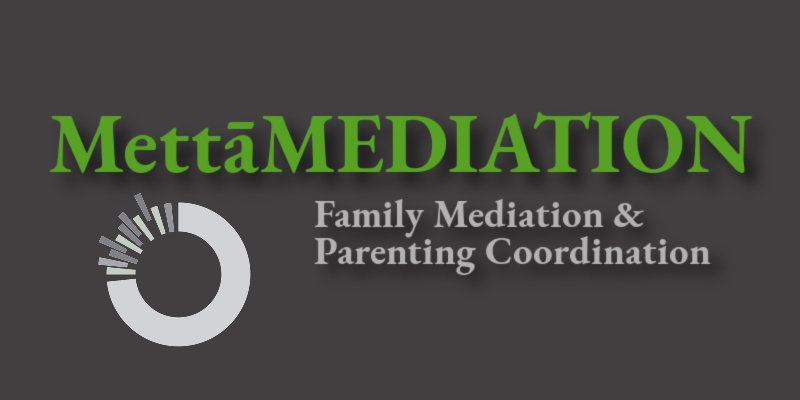
PARENTING COORDINATION
This is a modality of family dispute resolution (FDR) designed to assist parents in managing their parenting issues, post-separation and once a parenting arrangement is in place.
The above statement comes with a number of important caveats and clarifications ~ so please read on.
KEY FEATURES OF PARENTING COORDINATION (“the PC process”):
The PC process involves two phases: - the education and consensus-building phase(1), and the decision-making phase (2).
In the initial phase (also called the mediation phase), the Parenting Coordinator acts as a mediator, and works on helping the parents reach agreement on a specific issue in dispute through dialogue and consensus. This phase often also involves education and coaching. The goal is to help the parents understand the nature and sources of their conflict, to streamline their communication with one another, and to help them focus on the needs of their child (as opposed to their own needs).
In the decision-making phase (also called the arbitration phase), the Parenting Coordinator becomes the decision-maker on the issue in dispute ~ an arbitrator ~ but only after all reasonable steps have been taken to try and resolve the issue in mediation, or if the issue is time-sensitive. The mediation and arbitration phases of the PC process are clearly separated from one another - when the PC becomes an arbitrator on a specific issue, she gives notice to the parents that the arbitration phase has begun. The parents and the Parenting Coordinator then work together on preparations for the arbitration itself - for example, decisions will be made on evidence to be submitted by each parent, the mode of communicating this evidence by the parties to one another and to the Parenting Coordinator, the mode of hearing (can be in writing only, for example, or by actual oral submissions), etc. The PC’s decision on an issue is a called an Award. PC Awards are binding on the parents and can be enforced in Court.
The decision-making phase of the PC process is a “secondary arbitration”. This means that it arises out of parenting arrangements which are already in place - for example, in a Separation Agreement, a Parenting Plan, a court Order or an arbitration Award. The Parenting Coordinator does not work with parents on creating a parenting plan from scratch. Rather, the Parenting Coordinator works with the parents based on an already-existing parenting plan, to help them manage it. This is an important and often-misunderstood point: - the process in which parents voluntarily work with a third party to come to an agreement on their parenting arrangements is Family Mediation, not Parenting Coordination.
In broad terms, the Parenting Coordinator assists with the implementarion, maintenance and monitoring of an existing parenting plan. There is also an important and ongoing educational element to the PC process, including about the effects of parental conflict on children. The Parenting Coordinator monitors the Children’s adjustment to the parenting plan, and facilities the parents’ communication/relationship with one another, and the Children’s communication/relationship with both parents.
The scope of the Parenting Coordinator’s jurisdiction (specific roles) comes from the parents themselves: - from the initial document setting out the already-existing parenting plan, and from the PC Agreement the parties and the Parenting Coordinator will sign before the PC process begins. It is IMPORTANT to note that Parenting Coordinators do not have jurisdiction to (ie: are unable to) work with parents on changing in any way either decision-making responsiblity (formerly called “custody”) or parenting time (formerly called “residence” or “access”).
Most Parenting Coordinations are in place for a term of between 24 and 36 months. The duration of a specific Parenting Coordinator’s involvement with a family is addressed specifically, and agreed on, in the PC Agreement.
Parenting Coordination can be “closed” or “open” - closed Parenting Coordination is a confidential process and its content cannot be revealed in court (but all Awards made can be).
Not all separated parents with existing parenting plans require Parenting Coordination. In fact, most do not. The PC process is designed primarily for parents who experience frequent, ongoing and protracted parenting disputes. Its end goal is to disengage the parents so they can resolve future disputes, if any, on their own - using tools and techniques they learn in Parenting Coordination.
You may also be interested in…
how Steps to Justice, Your Guide to Law in Ontario explains Parenting Coordination.
this very helpful article about Parenting Coordination by Dr. Barbara Filder.
